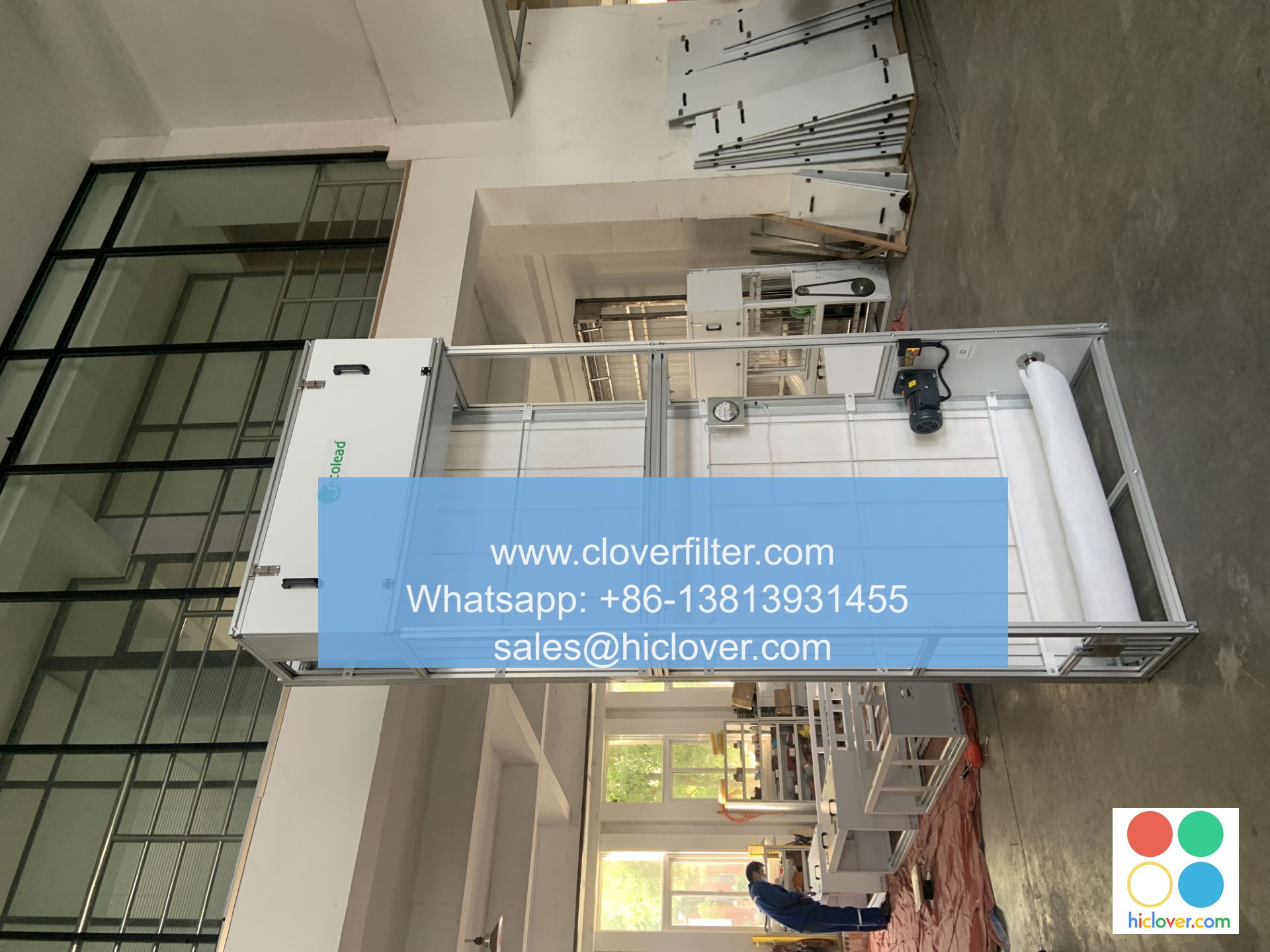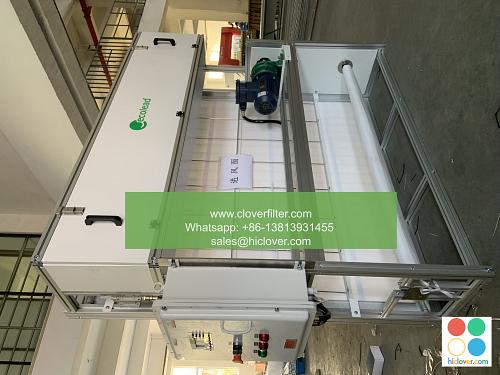Mold and Air Filtration: Understanding the Connection

Mold growth and air filtration are closely linked, as the presence of mold in indoor environments can significantly impact the quality of the air we breathe. In this article, we will delve into the connection between mold and air filtration, exploring the ways in which air filtration systems can help prevent mold growth and improve indoor air quality (IAQ). We will also highlight various application areas where air filtration is crucial, including residential, commercial, and industrial settings.
What is Mold and How Does it Affect Indoor Air Quality?
Mold is a type of fungus that thrives in damp environments, feeding on organic matter and releasing spores into the air. These spores can cause a range of health problems, from allergic reactions and respiratory issues to infections and toxicity. When mold growth occurs in indoor environments, it can release large quantities of spores into the air, compromising the IAQ and posing a risk to occupants.
The Role of Air Filtration in Preventing Mold Growth
Air filtration systems play a critical role in preventing mold growth by removing moisture and particles from the air. By controlling the humidity levels and filtering out particulate matter (PM), air filtration systems can help prevent the conditions that allow mold to thrive. There are several types of air filtration systems available, including HEPA filters, activated carbon filters, and UV air purifiers, each with its own unique benefits and applications.
Application Areas for Air Filtration
Air filtration is essential in various settings, including:
* Residential settings: Homes, apartments, and condominiums can benefit from air filtration systems, particularly in areas prone to high humidity or water damage.
* Commercial settings: Offices, schools, and healthcare facilities require effective air filtration systems to maintain good IAQ and prevent the spread of airborne pathogens.
* Industrial settings: Factories, warehouses, and manufacturing facilities often involve hazardous materials and chemical processes, making air filtration crucial for protecting workers and preventing environmental pollution.
Benefits of Air Filtration in Mold Prevention
The benefits of air filtration in preventing mold growth are numerous, including:
* Improved IAQ: By removing particles and moisture from the air, air filtration systems can significantly improve the quality of the air we breathe.
* Reduced health risks: By preventing mold growth and removing airborne pathogens, air filtration systems can help reduce the risk of allergic reactions, respiratory issues, and infections.
* Increased energy efficiency: By controlling humidity levels and improving IAQ, air filtration systems can help reduce the energy required for heating and cooling systems.
Conclusion
In conclusion, the connection between mold and air filtration is clear: effective air filtration systems are essential for preventing mold growth and maintaining good IAQ. By understanding the role of air filtration in preventing mold growth and highlighting various application areas, we can better appreciate the importance of air purification and filtration systems in protecting our health and well-being. Whether in residential, commercial, or industrial settings, air filtration is a critical component of maintaining a safe and healthy indoor environment. It seems like you forgot to include a prompt. Could you please provide more details or clarify what you would like to talk about or ask? I’m here to help with any questions or topics you have in mind!

